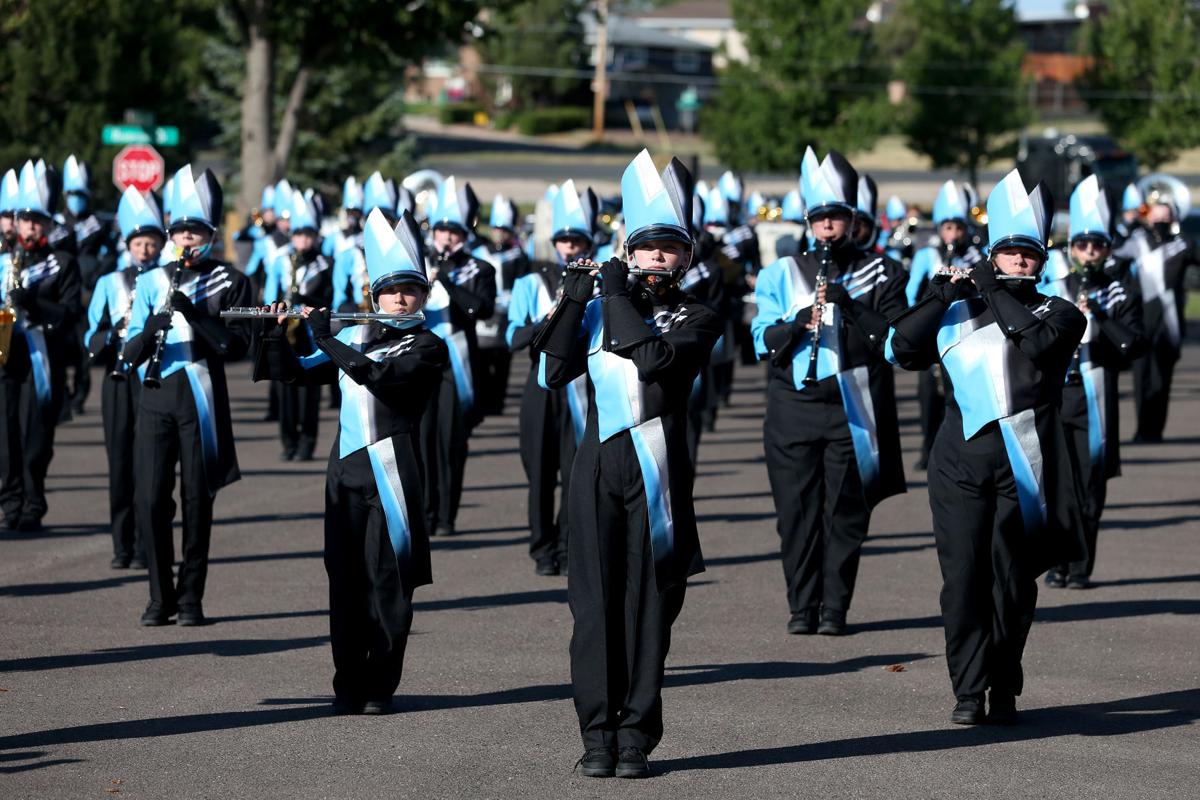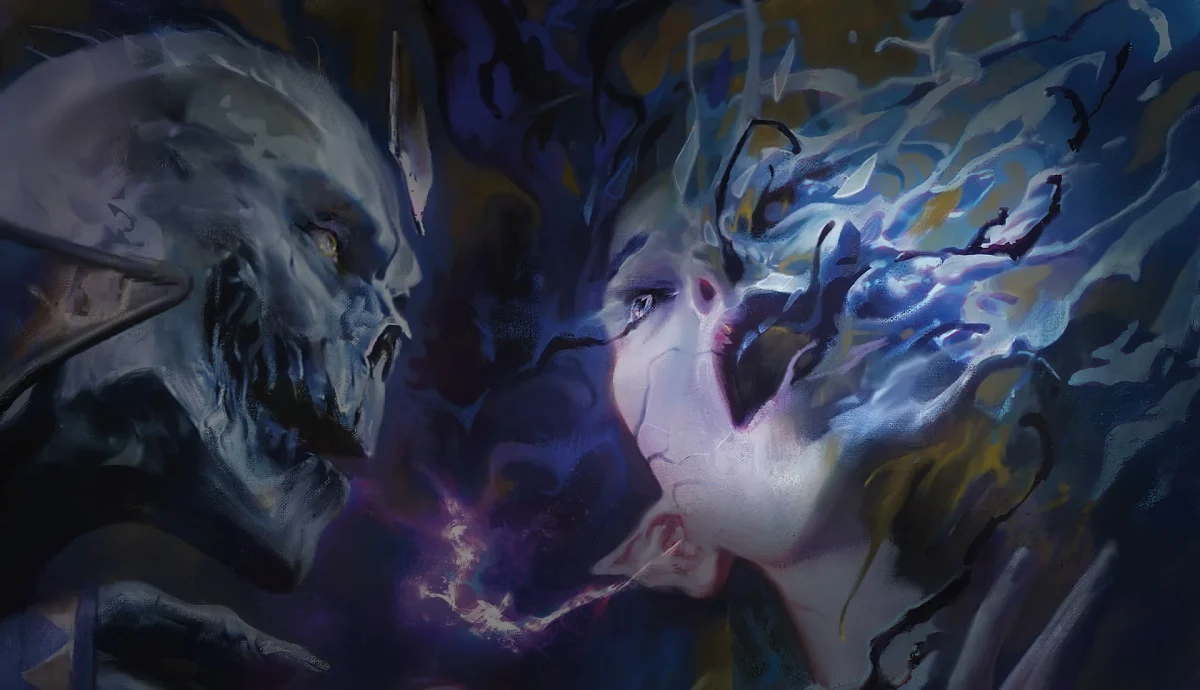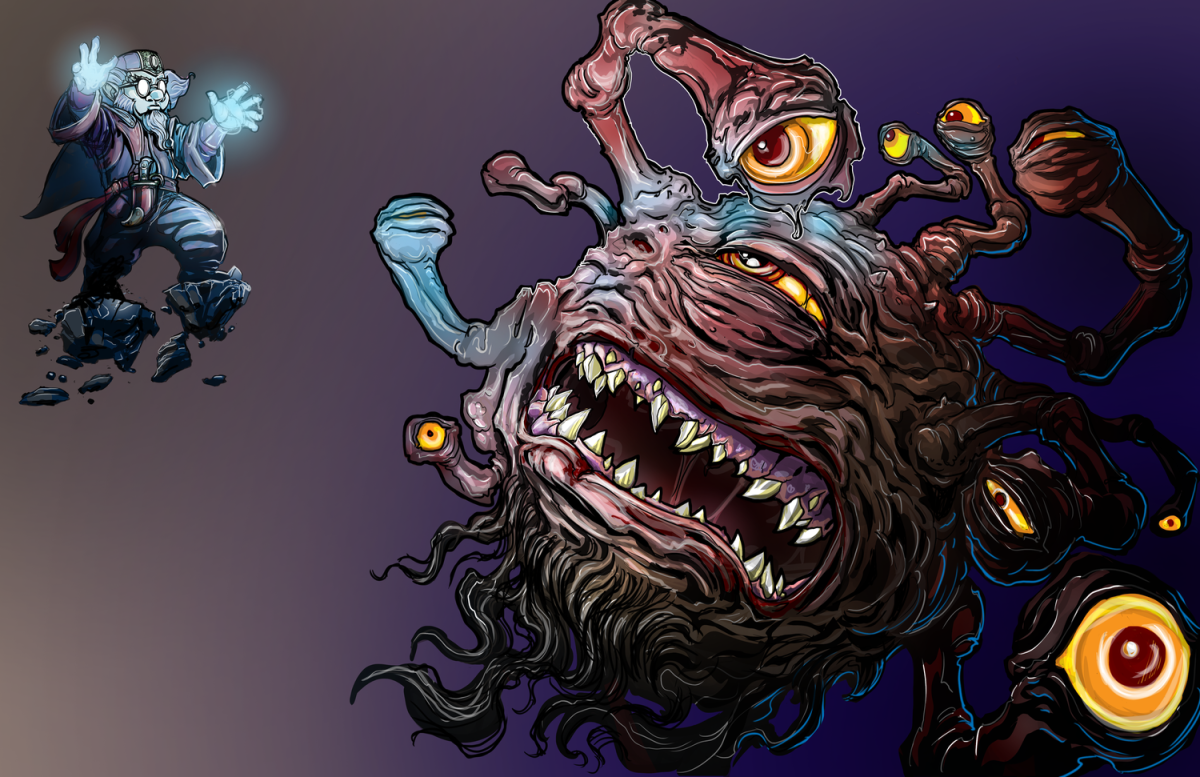The Wizard is one of the most iconic classes in Dungeons & Dragons, bringing a blend of vast magical knowledge and high-powered spells to the game. With a wide variety of spells and specialties to choose from, Wizards have the potential to change the course of any adventure with a flick of their wrist. This guide will cover how to create and play a Wizard in D&D 5th Edition, whether you’re aiming to be the arcane scholar, master of illusions, or a fearsome evoker.
What is a Wizard in D&D 5E?
Wizards are full spellcasters, relying on Intelligence to cast spells. Unlike Sorcerers, who draw magic from their inherent power, Wizards study to master the arcane. They wield the largest spell list in D&D and can specialize in particular magical disciplines through their choice of subclass, known as their Arcane Tradition. Wizards excel at both damage-dealing and support spells, making them adaptable and capable of influencing the battlefield in numerous ways.
Step-by-Step Guide to Creating a Wizard
1. Choose Your Arcane Tradition (Subclass)
Your subclass selection defines your Wizard’s focus, granting you unique spells and abilities to complement your playstyle. Here are a few popular options:
- School of Evocation: Focuses on powerful and destructive spells like Fireball and Lightning Bolt, while allowing you to safely exclude allies from the area of effect. Ideal for players who want to deal high damage.
- School of Illusion: Masters of trickery and deception, Illusion Wizards can cast spells like Disguise Self and Silent Image. Great for players who want to manipulate reality and confuse foes.
- School of Divination: Known for their foresight, Diviners gain the Portent feature, which allows them to replace certain dice rolls with pre-determined ones. This subclass is a strong choice for players who like controlling outcomes and giving their party an edge.
- School of Abjuration: Defensive and protective, Abjurers excel at shielding allies and negating magical effects. If you want to focus on protecting your party, this is an excellent choice.
- War Magic (Xanathar’s Guide to Everything): A balanced mix of offense and defense, War Magic provides extra resilience and counterspell capabilities, ideal for Wizards who want to be on the front lines.
Each Arcane Tradition has its strengths, so consider how you want to play your Wizard and pick a school that aligns with your goals.
2. Choose Your Race
The best race for a Wizard will boost your Intelligence and perhaps provide some additional spellcasting support. Some strong choices include:
- High Elf: Bonuses to Intelligence and Dexterity, as well as a free cantrip, make this a top choice for Wizards.
- Gnome (Forest or Rock): Gnomes get a bonus to Intelligence and have useful magical resistances, which help increase their survivability.
- Tiefling: Tieflings have a bonus to Intelligence and access to innate spells, making them great for flavor and function.
- Vedalken (from Guildmaster’s Guide to Ravnica): Vedalken gain a bonus to Intelligence and advantage on mental saving throws, a useful asset for spellcasters.
Other races can work well too; focus on Intelligence bonuses or races with resistances and spell-like abilities.
3. Ability Scores and Skills
Your primary ability score should be Intelligence, as it determines your spell save DC, attack bonus with spells, and the number of spells you can prepare. Constitution should be your second priority to boost hit points and help with concentration saves. Dexterity is also useful for improving your Armor Class (AC) and initiative.
A recommended ability score priority for Wizards is:
- Intelligence (spellcasting ability)
- Constitution (hit points and concentration saves)
- Dexterity (armor class and initiative)
For skills, Wizards have access to several useful options:
- Arcana: Essential for identifying magical effects and understanding spells.
- Investigation: Helps solve puzzles and uncover hidden details.
- History: Adds depth to role-playing and gives insight into the game’s lore.
- Insight: Useful for understanding NPCs’ motivations and picking up on deceit.
4. Wizard Class Features
Wizards are packed with class features that define their role as masters of the arcane.
- Spellcasting: Wizards use Intelligence to cast their spells and can prepare a variety of spells each day. Wizards have the largest spell list, giving them incredible versatility.
- Arcane Recovery: Once per day, after a short rest, you can recover expended spell slots (up to half your Wizard level). This feature is invaluable for keeping you useful throughout the adventuring day.
- Spellbook: Wizards use a spellbook to record their spells. You can expand it by copying spells from scrolls or other spellbooks, giving you even more options over time.
Choosing and Managing Spells
A key part of being an effective Wizard is choosing spells that suit your role and adapting them to fit your party’s needs. Wizards can prepare spells from their spellbook each day, which provides flexibility based on the challenges you anticipate. Here’s a breakdown of some essential spells:
- Cantrips: Fire Bolt (damage), Mage Hand (utility), Prestidigitation (minor magical effects), Minor Illusion(deception and trickery).
- 1st-level Spells: Mage Armor (self-defense), Shield (block attacks), Magic Missile (consistent damage), Detect Magic (utility).
- 2nd-level Spells: Mirror Image (defensive), Misty Step (mobility), Hold Person (control), Invisibility (utility).
- 3rd-level Spells: Counterspell (shut down enemy spellcasters), Fireball (area damage), Fly (mobility), Dispel Magic (remove magical effects).
Be strategic in picking spells that balance offense, defense, and utility. Don’t hesitate to adjust your spell preparation daily based on the day’s objectives.
Playing Your Wizard
1. Role-Playing Your Wizard
Wizards are often portrayed as scholars and seekers of arcane knowledge. Role-playing a Wizard means embracing a thirst for knowledge, curiosity, and perhaps even a bit of arrogance. Consider your character’s backstory and what led them to pursue a life of magic:
- Why did they study magic? Was it out of curiosity, necessity, or the desire for power?
- How do they view their magic? Are they cautious, or do they revel in the power it brings?
- How do they interact with others? Do they share their knowledge, or do they keep secrets?
Wizards are often associated with libraries, ancient ruins, and spell research. Lean into these tropes to bring your character to life.
2. Combat Strategy
Wizards have a range of spells to control the battlefield, support allies, and deal damage. Here are some tactics to keep in mind:
- Stay Back: Wizards are physically fragile. Keep your distance from enemies and position yourself where allies can protect you.
- Conserve Your Spell Slots: Wizards have limited spell slots, so use cantrips like Fire Bolt for basic attacks and save higher-level spells for tough encounters.
- Crowd Control: Spells like Sleep, Hold Person, and Hypnotic Pattern can incapacitate multiple enemies, making Wizards ideal for controlling the flow of combat.
- Area Damage: With spells like Fireball and Cone of Cold, Wizards can deal significant damage to groups of enemies. Choose spells based on the environment, and be mindful of your allies when placing area-of-effect spells.
- Support Your Team: Wizards can cast utility spells like Invisibility, Haste, and Counterspell, which provide invaluable support to the party.
3. Know When to Rest
Wizards are powerful but have limited spell slots. Take advantage of Arcane Recovery to regain spells after a short rest, and work with your party to time rests when your resources are running low. Wizards thrive on flexibility, and a well-timed rest can make the difference between success and failure.
Preparing for Exploration and Role-Playing
Wizards are invaluable outside of combat too. With spells like Comprehend Languages and Detect Magic, they’re excellent at gathering information and solving magical puzzles. Identify allows Wizards to discover the properties of magical items, and Alarm and Leomund’s Tiny Hut are great for protecting the party while resting in dangerous locations.
Conclusion
Playing a Wizard in D&D 5E is a deeply rewarding experience. From casting powerful spells to unraveling ancient mysteries, Wizards have a wide variety of tools at their disposal and the ability to shape the battlefield like no other class. By carefully managing spells, positioning wisely in combat, and embracing their role as master spellcasters, Wizards can lead the party to victory and create unforgettable moments in the game. So dust off your spellbook, practice your incantations, and get ready to unleash the arcane! The path of the Wizard awaits.











